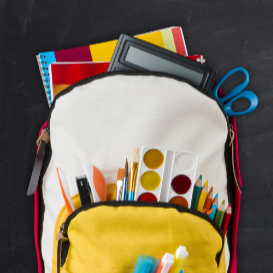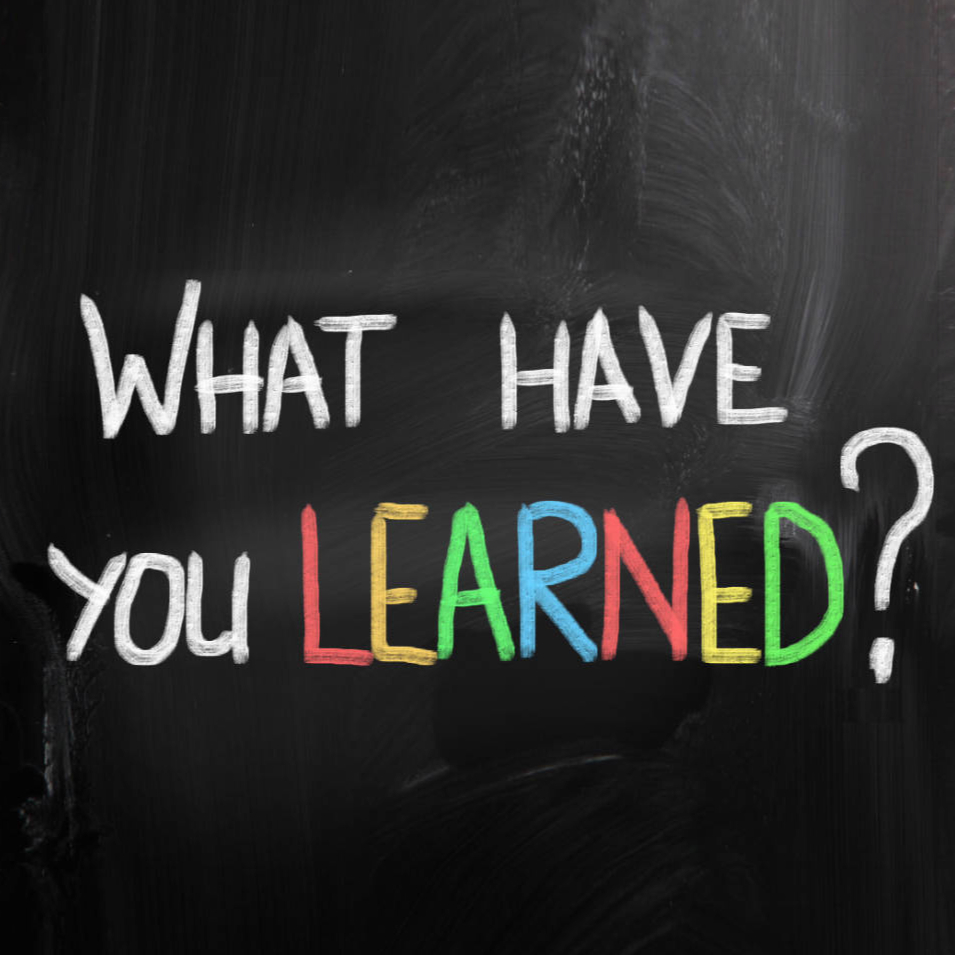About Edina
The project EDucation of International Newly Arrived migrant pupils - has been developed by Emmanuelle le Pichon-Vorstman and Venhar Sariaslan. It brought together policy makers, schools and researchers from Finland (Helsinki), Belgium (Ghent) and The Netherlands (Rotterdam and Utrecht). This project finished successfully in September 2018, after which a follow-up of EDINA was started in September 2019, with partly new partners, consisting of policy makers, schools and researchers from Belgium (Ghent and Liège), the United Kingdom (Leeds), Spain (Oviedo) and the Netherlands (Rotterdam and Utrecht). After completion of this project in 2022, a third EDINA project started in 2023. This project brings together policy makers, schools and researchers from the Netherlands (Utrecht and Rotterdam), Belgium (Ghent and Liège), Spain (Oviedo) and Ireland (Dublin).
News
The EDINA-toolkit!
This EDINA site has the objective of supporting teachers and schools with
newcomer pupils (primary and secondary education) in their practice and policy. After all, successful care of these pupils is of great importance for the rest of their school career.
The giraffe leads you the way. He holds his high head full of good ideas and policy tips , but at the same time, he stands firmly on the ground with his feet, steadfast in practice and the reality of every school.
This site provides tools for reception, observation, differentiation, assessment, and communication. If you click on one of the titles next to the ‘giraffe spots’, you will be offered all sorts of information related to this theme: an introduction, reflection and exercises, policy tips, practical examples, and extra information.
Get inspired!

11 THINGS YOU NEED TO KNOW ABOUT THE EDINA-CONCEPTS
Here you will find a description of concepts linked to multilingualism and used within the EDINA project.

ARRIVAL
In this section we will discuss transition and the effects this has on the education of newcomers. We will discuss the organization of the schooling within and throughout countries and its effects on transitions, and you will find practical advice for guiding transitions

BACKGROUND
In this section you will be helped to taking the complex reception of newcomer with, often, heterogeneous backgrounds into account. Topics that will be discussed include school language, home language, and feelings of inclusion and exclusion, all related to language use in the classroom.

ASSESSMENT
This section focuses on observation and evaluation of newcomer students. We will consider topics such as the purpose of evaluations and the cultural determination of tests. We will also give tips to improve your evaluations.

DIFFERENTIATION
We lead you into the wonderful world of differentiation! Generally, we emphasize on ‘dealing with newcomers’, but in the end, all pupils and students benefit from differentiation!

COMMUNICATION WITH STAKEHOLDERS
Parents and / or relatives of the (newcomer) pupils are the most important educational partners of the school.
WORK AS A TEAM
In this section, we will discuss teamwork with colleagues and co-teaching with newly arrived students. We will look at why collaborative work can be interesting and what can facilitate or hinder it. You will find testimonials, reflective exercises and practical tips to help you build effective collaboration in your team.

INTERCULTURAL COMPETENCE
This section discusses the important and often controversial concepts of culture , diversity , identity , intercultural competence and social justice , and their implications for working with newcomer students. You will also find a checklist of intercultural competencies for teachers who work with newcomers.
TRAINING MODULE EAL
This training module for mainstream teachers working with Newly Arrived Migrant Students and pupils who speak English as an Additional Language addresses the different themes that make up the Edina website and shows how to build on pupils’ knowledge of English to support their learning in the language of schooling.
You can find the outline of this training module here :
And here are the documents related to the different sub-modules presented in the outline.
Module 1
Module 1 - Session 1 - in progress
Module 1 - Session 2 - in progress
Module 1 - Session 3 - in progress
Module 1 - Session 4 - in progress
Module 1 - Session 5
Module 1 - Session 6 - in progress
Module 1 - Session 7 - in progress
Module 2
Module 2 - Session 1 - in progress
Module 2 - Session 2
Module 2 - Session 2 bis
Module 2 - Session 3
Module 2 - Session 3 bis
Module 3
Watch this video about proficiency scales (Module 3 - Session 1)
Module 3 - Session 2 - in progress
Module 3 - Session 3 - in progress
Module 4
Module 4 - Session 1 - in progress
Module 4 - Session 2 - in progress
Module 4 - Session 3 - in progress
Watch this video about practical strategies for EAL reading (Module 4 - Session 4)
Module 4 - Session 5 - in progress
Module 4 - Session 6 - in progress
Module 4 - Session 7 - in progress
Module 4 - Session 8 - in progress
Module 4 - Session 9 - in progress
Module 4 - Session 10 - in progress


